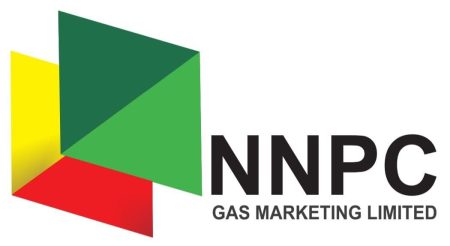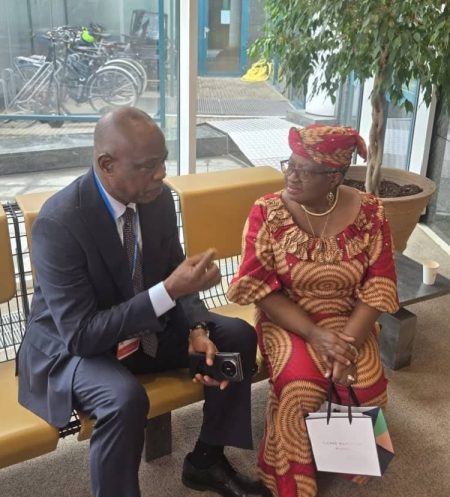 04 March 2013, Nairobi – Energy costs have contributed in pushing up cost of living in Kenya.
04 March 2013, Nairobi – Energy costs have contributed in pushing up cost of living in Kenya.
The cost of living saw an upward swing in February with latest statistics showing inflation rate rising for the second month from 3.67 per cent in January to 4.45 per cent.
The consumer basket used by the Kenya National Bureau of Statistics, KNBS, in determining the price index, showed a slight drops in electricity charges and mobile phone tariffs.
The rest were sold at higher prices than in January and December. Financial analysts had predicted that election spending was likely to drive up inflation in February.
During the month under review, the price of kerosene per litre averaged at Sh85.50 from Sh83.49; petrol per litre was sold at an average of Sh114.38 from Sh112.69 while diesel retailed at Sh107.58 compared to Sh106.20 in January.
Also, a 500ml packet of milk averaged at a price of Sh41.19 compared to Sh38.31 in January, tomatoes rose to Sh74.40 per kg from Sh72.78;
KNBS in a statement released at the weekend said: “Housing, water, electricity, gas and other fuels’ index went up by 0.39 per cent between January and February 2013.
This increase is attributable to higher costs of house rents, kerosene and other cooking fuels which outweighed observed lower costs of electricity.”
The latest inflation figures signal a likelihood of a freeze in reduction of the Central Bank rate. Lending rates by banks had started reducing gradually after the Central Bank of Kenya in December slashed its rate to 9.50 per cent from 11 per cent when inflation declined from 3.25 per cent in November 2012 to 3.20 per cent.
The transport index went up by 0.58 per cent over the same period due to higher costs of petrol, diesel taxi, and bus/ matatu fares.The communication index dropped by 0.40 per cent attributed to a fall in airtime charges



